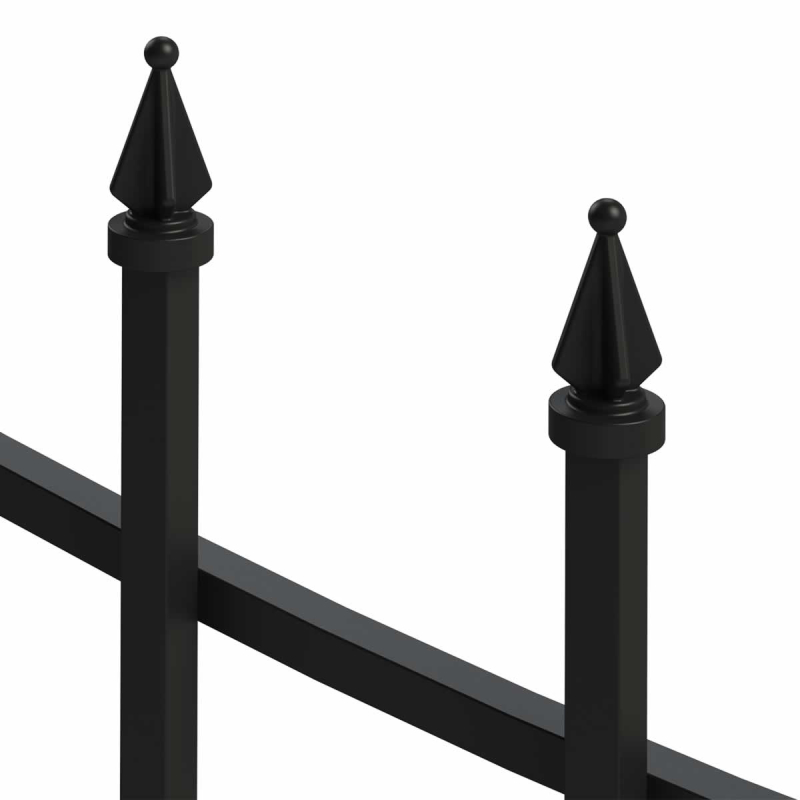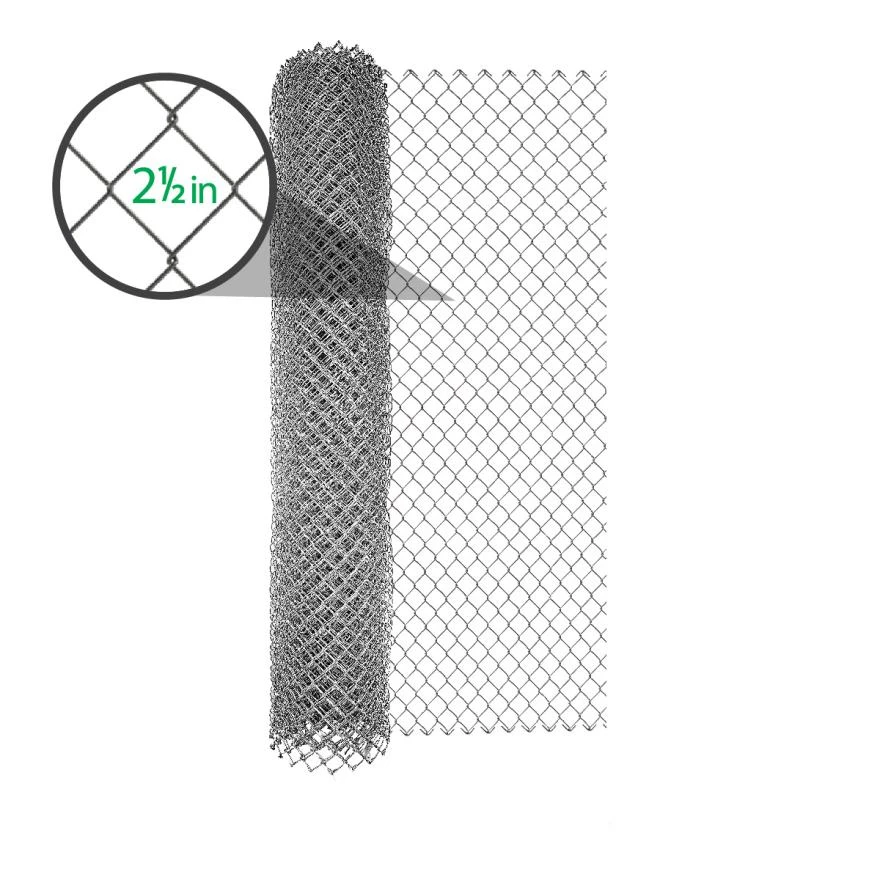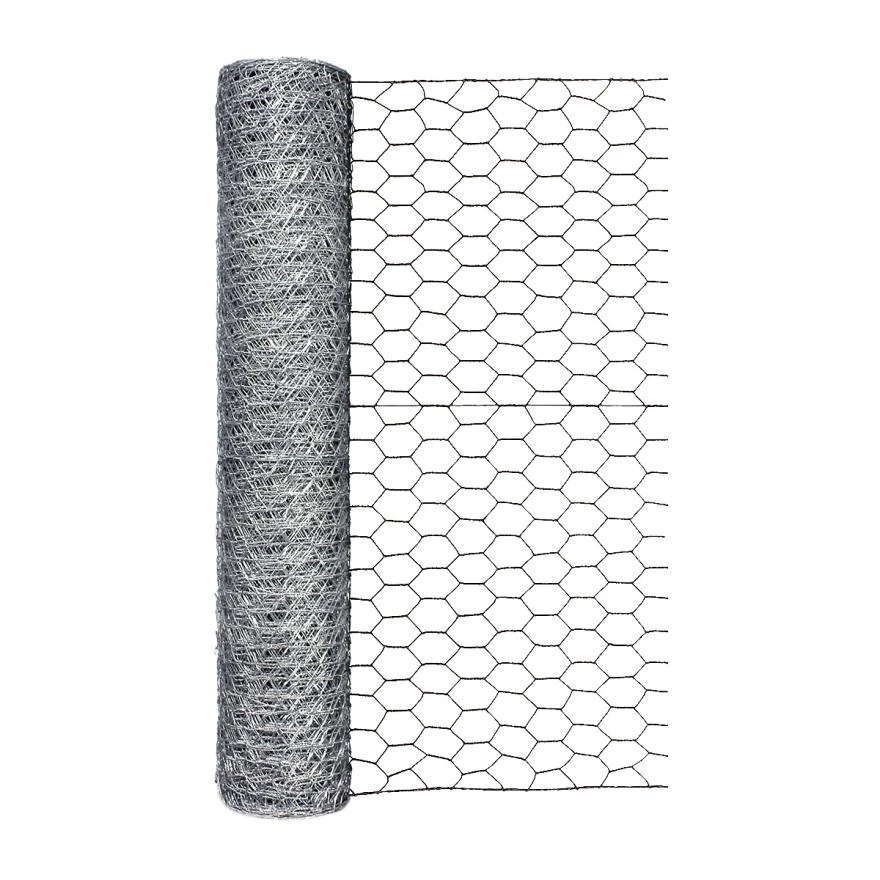Choosing the Right Nails for Constructing a Durable Fence
نوفمبر . 29, 2024 23:50
The Importance of Choosing the Right Nails for Building a Fence
Building a fence is not just about choosing the right materials for panels and posts; it also involves selecting the proper nails. The nails you use play a crucial role in ensuring the longevity and structural integrity of your fence. This article explores the types of nails suitable for fencing, their specifications, and the reasons why they are essential for a secure and durable fence.
Types of Nails for Fencing
When it comes to fencing, not all nails are created equal. Here are a few types of nails that are most commonly used
1. Galvanized Nails These nails are coated with zinc to prevent rust and corrosion, making them an excellent choice for outdoor projects like fencing. Given that wooden fences are exposed to varying weather conditions, using galvanized nails helps to ensure that they remain robust and secure over time.
2. Stainless Steel Nails For those looking for the highest level of corrosion resistance, stainless steel nails are the top choice. They are ideal for coastal areas where salt air can accelerate rust. Although they may be more expensive than galvanized nails, their durability and resistance to staining make them worth the investment.
3. Ring Shank Nails These nails feature a unique shank design that provides extra grip and holding power. They are particularly beneficial for fastening fence boards to posts, reducing the likelihood of loosened boards over time due to wood expansion and contraction.
4. Screws While screws aren’t technically nails, they are increasingly popular for fence building. They offer superior holding power and are less likely to loosen over time compared to nails. Additionally, they allow for easy adjustments or repairs without damaging the wood.
nails for building a fence

Nail Specifications
When selecting nails for your fencing project, pay attention to size and gauge. The length of the nail typically used for building a fence ranges from 1.5 inches to 3 inches, depending on the thickness of the materials you are fastening. A thicker gauge nail (lower number) will offer more strength, while a thinner gauge nail (higher number) might be easier to drive but less durable.
It’s also essential to consider the type of wood in your fence. Some woods, especially hardwoods, may require specialized nails or screws designed to penetrate without splitting.
Why Nail Choice Matters
The choice of nails can significantly affect the fence’s durability, stability, and appearance. Nails that rust or corrode will compromise the integrity of your fence, leading to sagging panels, gaps, and even total failure of the fence structure. Securing your fence with the right nails ensures that it can withstand weather extremes, resist pests, and remain aesthetically pleasing over the years.
Furthermore, using the appropriate nails can also help you save money in the long run. Investing in quality materials means fewer repairs and replacements are needed as the years go by. A well-built fence not only enhances your property’s value but also provides privacy, security, and aesthetic appeal.
Conclusion
In conclusion, while building a fence involves many considerations, selecting the right nails is paramount. From galvanized to stainless steel and ring shank options, the variety available caters to different needs and preferences. By understanding the role of nails in the structural integrity of your fence, you can make informed decisions that will lead to a long-lasting, secure, and beautiful boundary for your property. Whether you're a seasoned builder or a DIY enthusiast, never underestimate the impact that the right fasteners can have on your fencing project.









 Unity
Unity Creation
Creation Challenge
Challenge Contribution
Contribution










